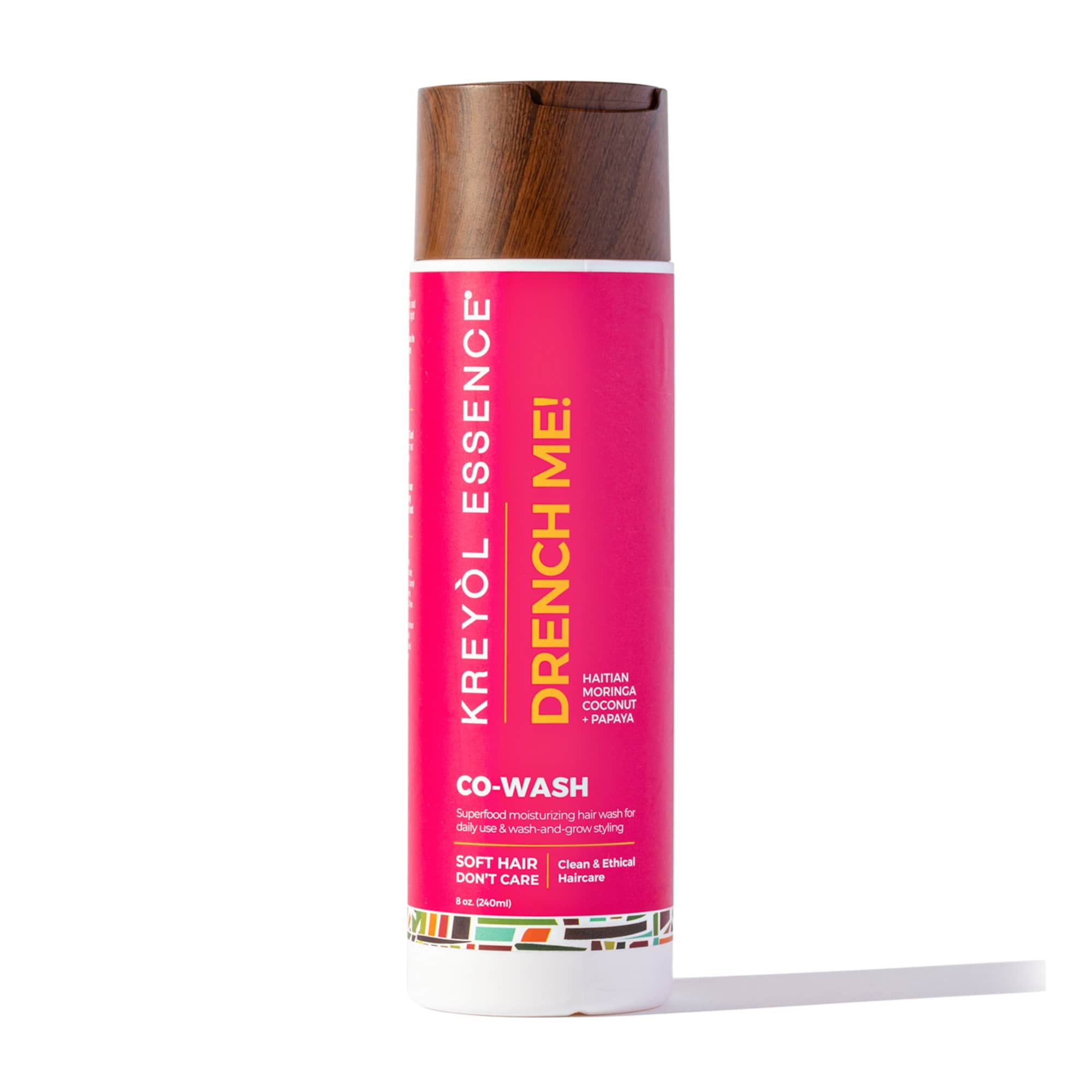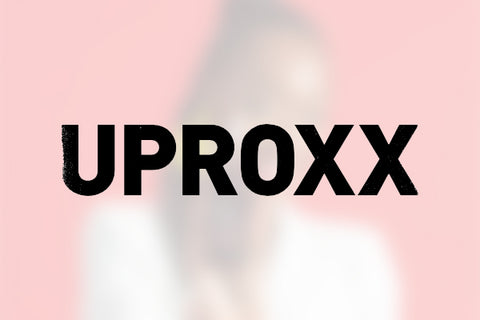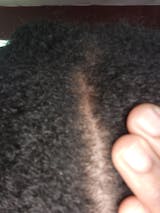News & Press
Beauty Independent: Getting A Deal On “Shark Tank” Isn’t What It Seems

In recent years on “Shark Tank,” the ABC business reality show that started in 2009 and has reached 304 episodes as it progresses into its 15th season, beauty entrepreneurs have been increasingly in the “tank” delivering pitches—and many of those pitches have resulted in on-air deals consummated by handshakes and hugs, including those by the creators of Youthforia, Luna Magic, Mad Rabbit, Curie, Fur, Glow Recipe, Kreyol Essence and Gently Soaps.
But most of the deals more than 4 million people watch get done on the show aren’t completed the way they’re depicted, with nearly half not even happening at all, according to a Forbes analysis of 112 businesses offered deals on “Shark Tank” during seasons eight through 13. Along with the almost half of the deals not going through, the publication discovered 15% wound up with different terms. In 2016, a Forbes analysis found that 27% of 237 “Shark Tank” deals were closed as structured on the show, 30% went through with restructured terms and 43% weren’t carried out.
The difference between presentation and reality reflects the varying rationale of the businesses that enter the “Shark Tank” and the so-called “sharks” on the show evaluating those businesses. The exposure and potential sales from “Shark Tank” are the primary reasons for businesses to pitch on it—and they applaud the program for living up to the promise of its spotlight. For a portion of them, nailing investment isn’t the objective. They may already be funded, have the opportunity to gain investment elsewhere or entertain the terms defined on the show despite them not being terms they’d actually agree to in real-life scenarios.
Some entrepreneurs feel the deals on the show aren’t practical or desirable. There can be unappealing clauses in term sheets and misalignment on business expectations. Among the sharks, there isn’t an equal appetite for investing in the businesses on “Shark Tank.” Barbara Corcoran is the most likely to finalize a deal. Forbes estimates she completes deals 60% of the time following a business’s “Shark Tank” appearance. Daymond John finalizes deals at a 56% rate, but is the most likely to adjust the terms agreed to on the show. Kevin O’Leary closes deals at a 45% rate.
Forbes reports, “Mark Cuban, who closed 54% of the 37 deals we tracked, invested in more than double the number of companies as other investors.” Cuban told the network CNBC last year that 25% of his “Shark Tank” deals are flops. Lori Greiner, known as the “Queen of QVC,” is the least likely to close deals, at a 29% rate. ABC didn’t return Beauty Independent’s request for comment.
John and Cuban explained to Forbes that information not shared on air causes deals to unravel. In an email to Forbes, John said, “When we do deals on Shark Tank, these are based on oral pitches with people who present well on TV on their ‘first date’ who are only providing their word and no written documentation to their business and its state of play.”
In a 2020 appearance on “Shark Tank,” Laura Schubert and Lillian Tung, co-founders of body hair brand Fur, landed a $500,000 investment from Greiner for 8% equity and $50,000 toward charitable efforts, but the deal fell through post-taping. In 2020 as well, Kreyol Essence co-founders and married couple Yve-Car Momperousse and Stephane Jean-Baptiste snagged a deal with O’Leary that gave him 5% equity and a 25 cent royalty on every item sold in perpetuity in exchange for $400,000. The pair ultimately didn’t take the deal. Both Kreyol Essence and Fur are bootstrapping.
“We decided not to proceed with the deal with Kevin O’Leary due to the impractical terms of perpetuity,” says Momperousse. “These terms didn’t align with our ability to sustain perpetual activities for brand growth, making them unsuitable for a long-term perspective. As a result, we chose to prioritize organic growth instead.”












